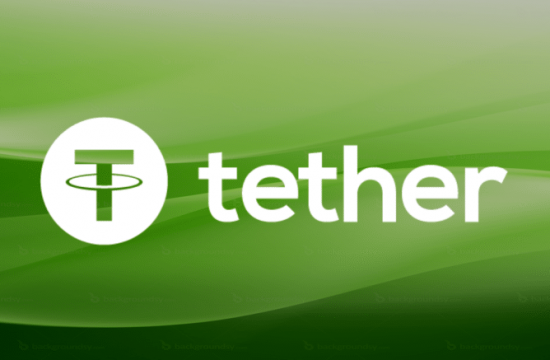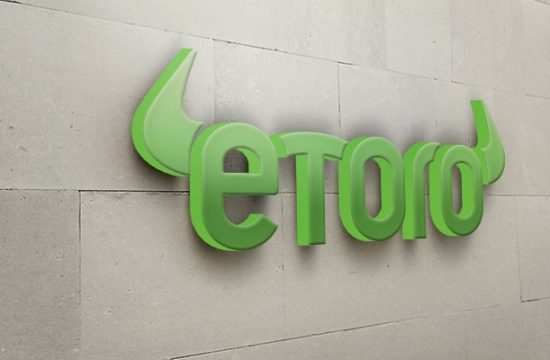The largest Indian crypto exchange, CoinDCX, has announced a tie-up with leading Regtech company, Coinfirm to use their AML platform for verifying the users on their exchange.
AML and KYC are key concerns for crypto exchange and regulators as the regulators believe that cryptocurrencies could be very easily used for money laundering and other forms of financial crime. This partnership will help CoinDCX to be in conformance with Financial Action Task Force’s Recommendations and other national regulations and help to keep the funds safe and clean at the exchange.
“Being the largest cryptocurrency exchange in India, ensuring safety, security for our partners, and being compliant are imperative to us. Our association with Coinfirm has been an important step towards enhancing CoinDCX’s security infrastructure. This will also help us in eliminating the security concerns among the investor community. The aim is to create and nurture a safe crypto economy in India while mitigating the risks associated with investments in cryptocurrencies.” – Neeraj Khandelwal, Co-Founder, CoinDCX. This development follows the major investment of capital into the exchange last May.
But while the Indian crypto exchanges continue with their partnerships and innovations, dark clouds seem to have gathered again on the Indian crypto horizon. The banks and other financial partners of crypto exchanges in India have withdrawn their support and so now, the crypto exchanges are without any means of accepting fiat deposits.
Though there has been no official announcement from any bank, they seem to have quietly told the exchanges that they would not be able to support them anymore and as of today, none of the users in any of the major Indian exchanges, including CoinDCX and WazirX, can deposit fiat. The only way to deposit fiat and trade at these exchanges is by P2P mechanism which is bound to be slow and cumbersome and hence, only the traders who are really indulgent in crypto would be ready to go through the process for P2P.
This is likely to be a big blow for the Indian crypto industry as a whole as the government and the central bank continue to flip-flop on whether they should allow or regulate or totally ban cryptocurrencies and this indecision is only making things worse as time goes on.
The Indian crypto community certainly deserves better as they have been pushing the boundaries both in terms of crypto trading (being the second-largest trading community in Asia) and also in terms of blockchain development with new exciting companies like Polygon/MATIC coming through. The sooner that these banking issues are resolved, the better it would be for the community not only in the short term but for the future as well.












